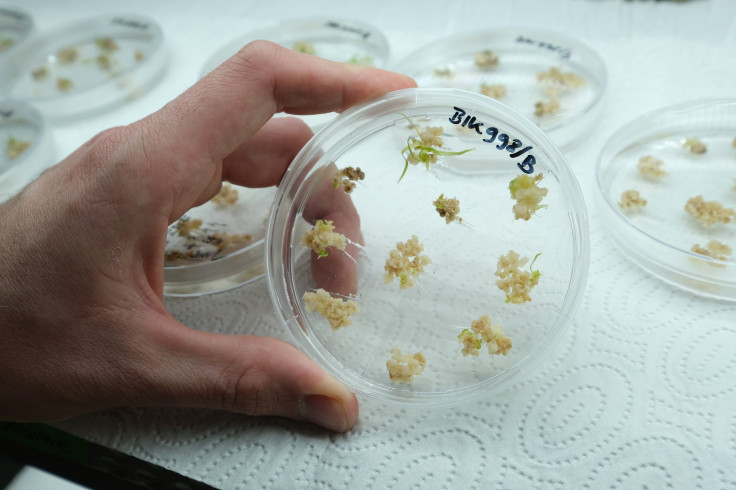Humans have a certain limit when it comes to living their lives. So far, there have been little to no ways to prove that a person can live up to 1,000 years. However, Harvard professor of genetics David Sinclair believes otherwise and bats that a genetic reset could help back the claim that humans can live forever.
A genetic reset could see humans live up to 1,000 years and the human studies out to prove that will start in less than two years. Sinclair explains that tests done on mice have proven that the aging process can be reversed in both the brain and other organs.
"What we found is that there are embryonic genes that we can put into the adult animal to reset the age of tissues and it only takes four to eight weeks to work well,” Sinclair said on the Lex Fridman podcast. "What wasn't known was, can you partially take age back without creating a tumor or generating a stem cell in the eye, which would be a disaster, and the answer is yes."
The study was published in December where Sinclair showed that there was a system that can bring cells back to a younger state without going too far. For now, the 52-year-old working on how to reset the age of the brain of a mouse that aged prematurely, allowing them to learn back.
But the thing about the study is how to extend the human life span. But Sinclair believes that there is no maximum limit to a human life span.
"Anyone who says you max out at x I think is full of it. There's nothing that I have seen that says biological organisms have to die,” Sinclair explained.
For now, it will be interesting if Sinclair will eventually comes out with the Fountain of Youth. The answer to that may come in the next couple of years.

© 2025 Latin Times. All rights reserved. Do not reproduce without permission.





